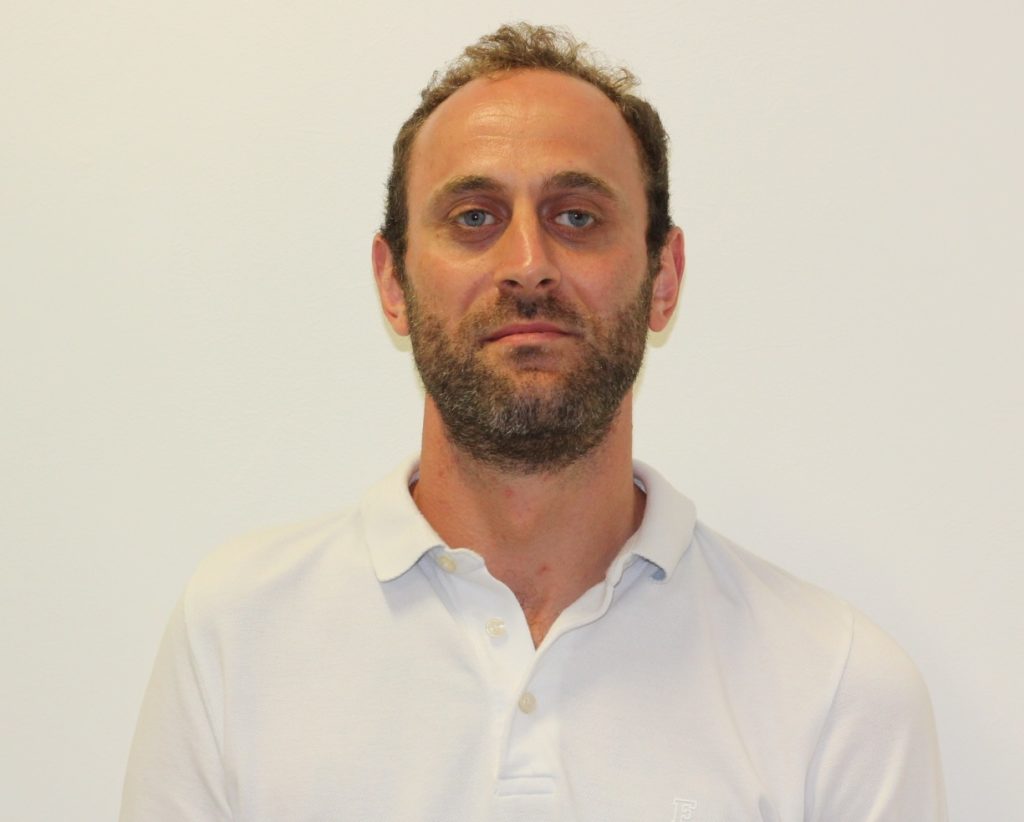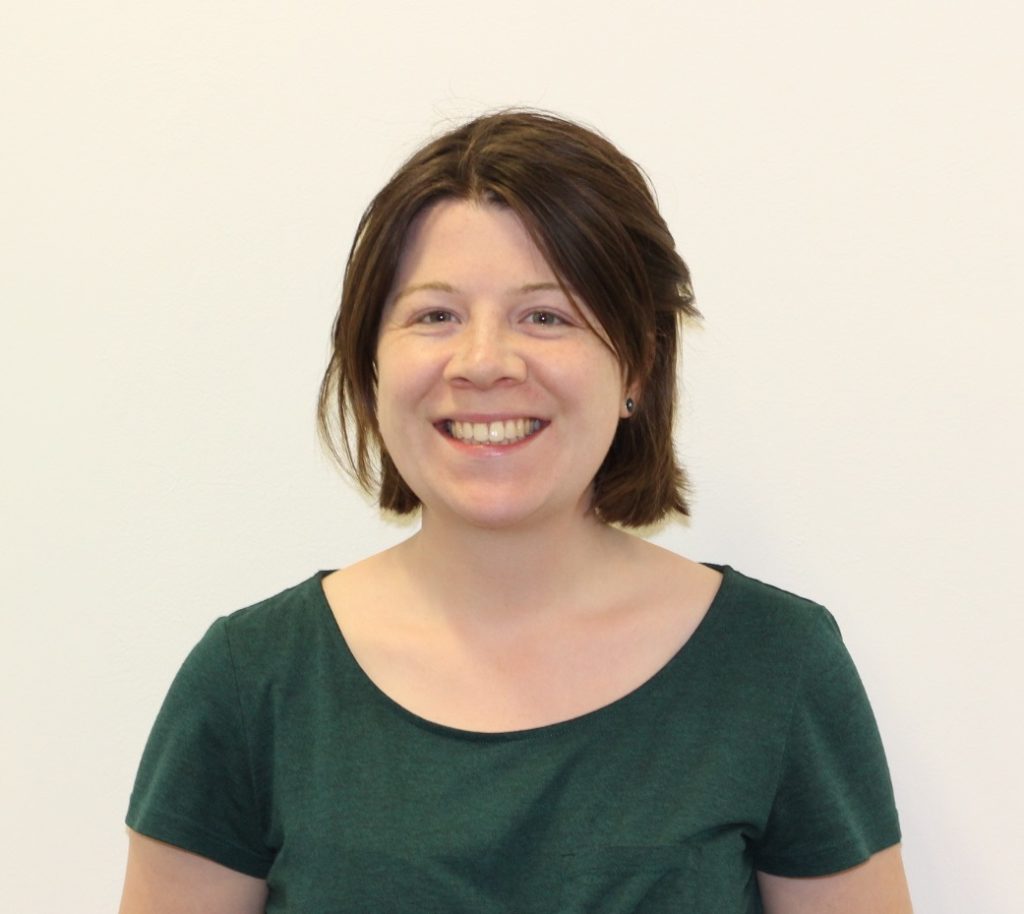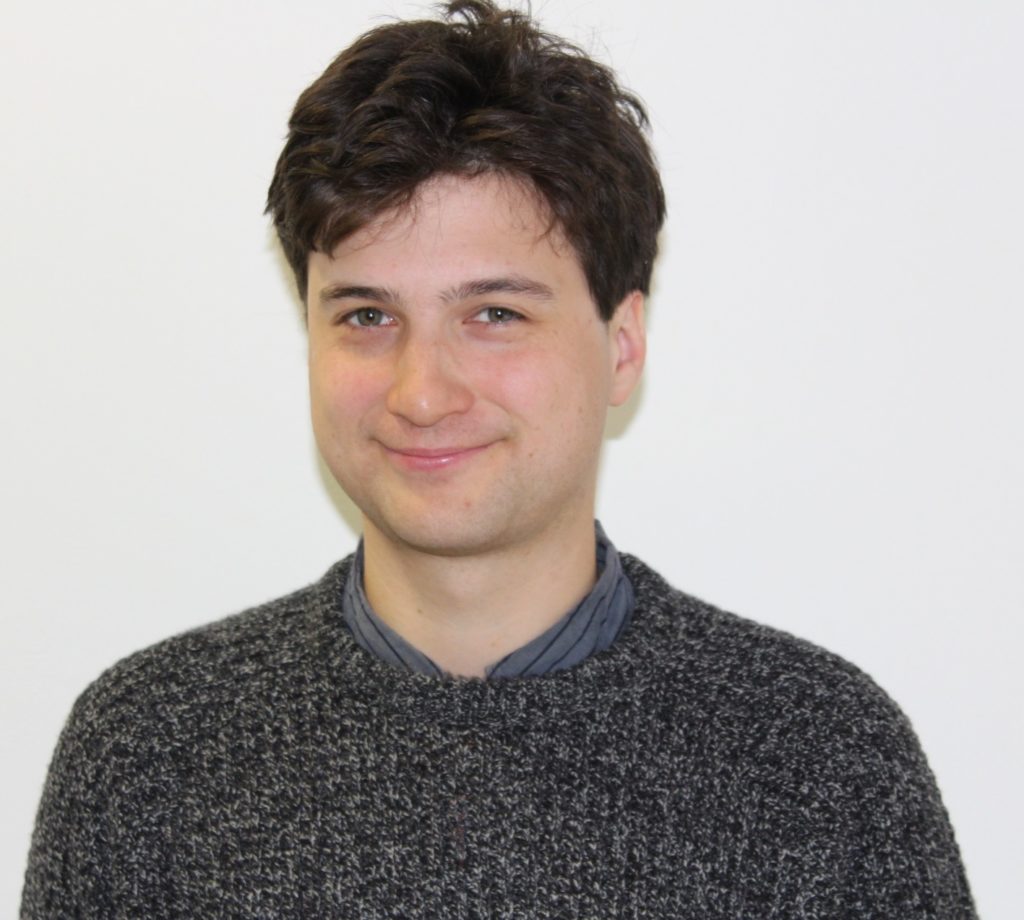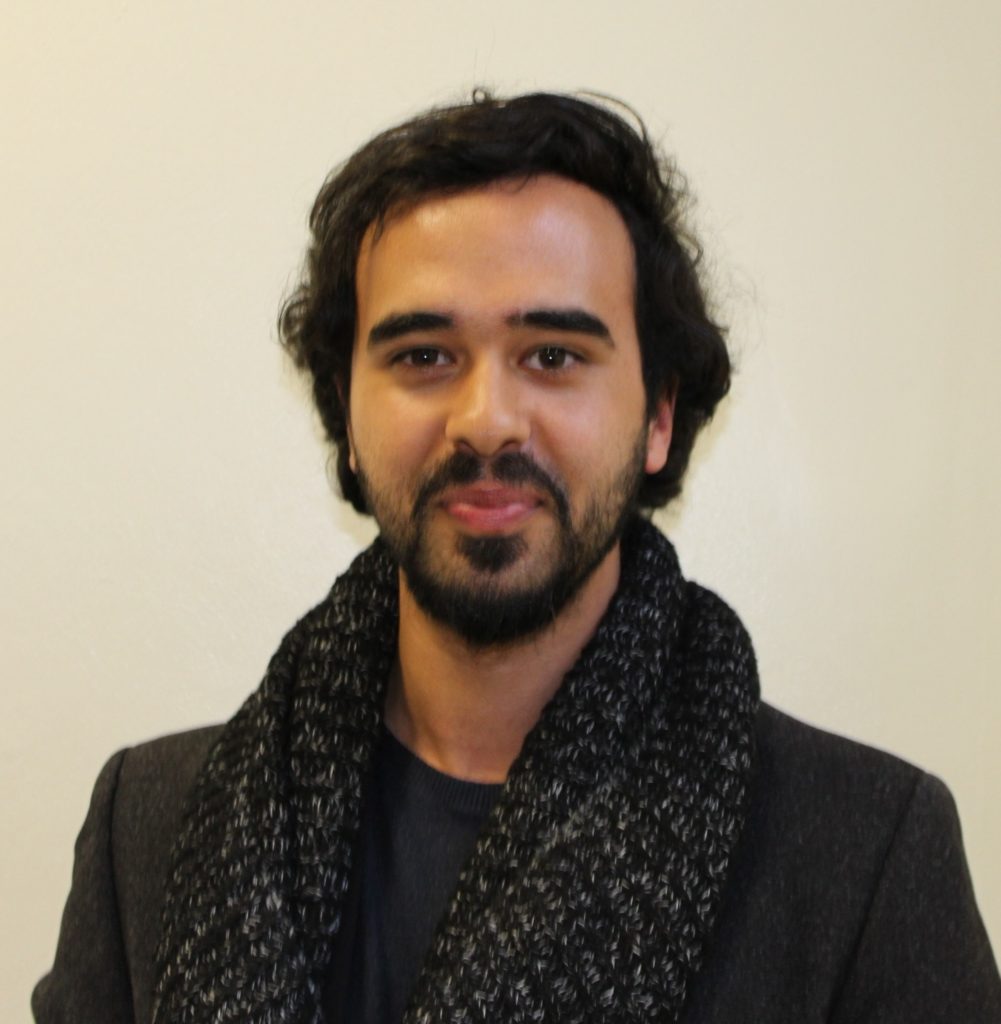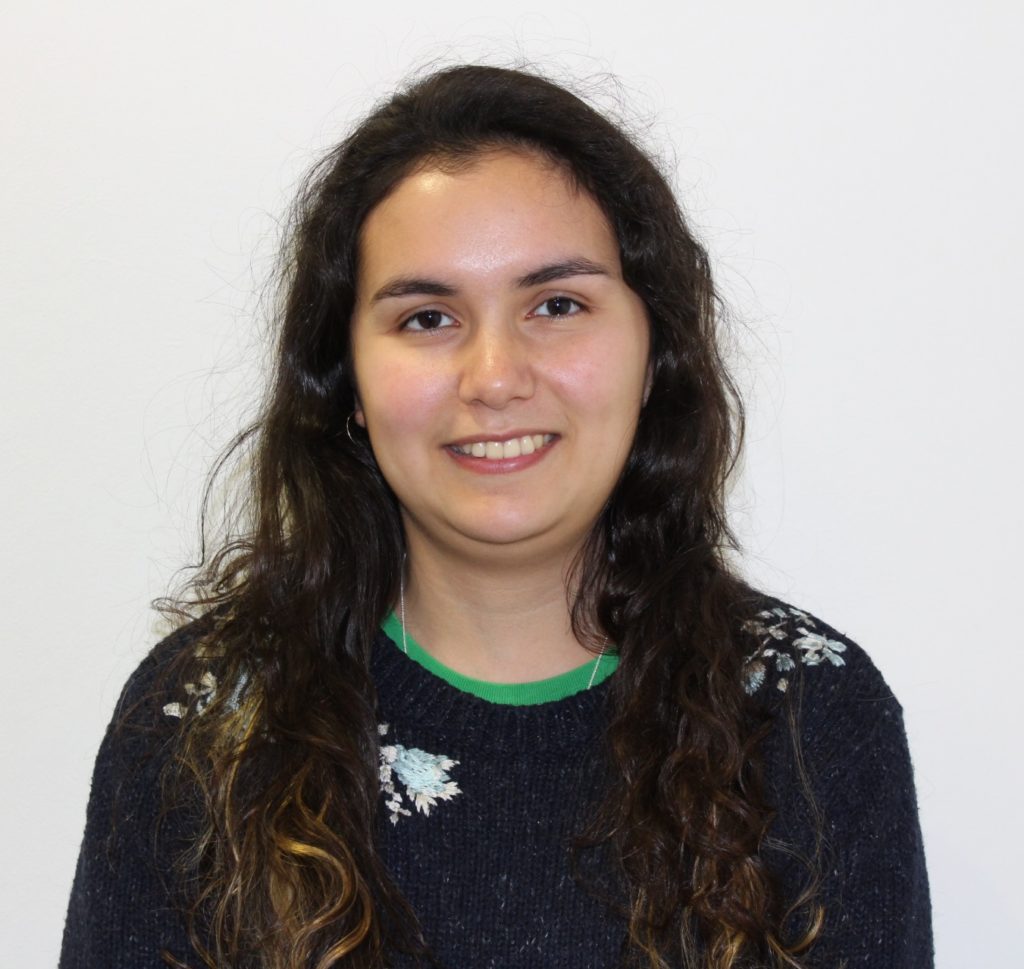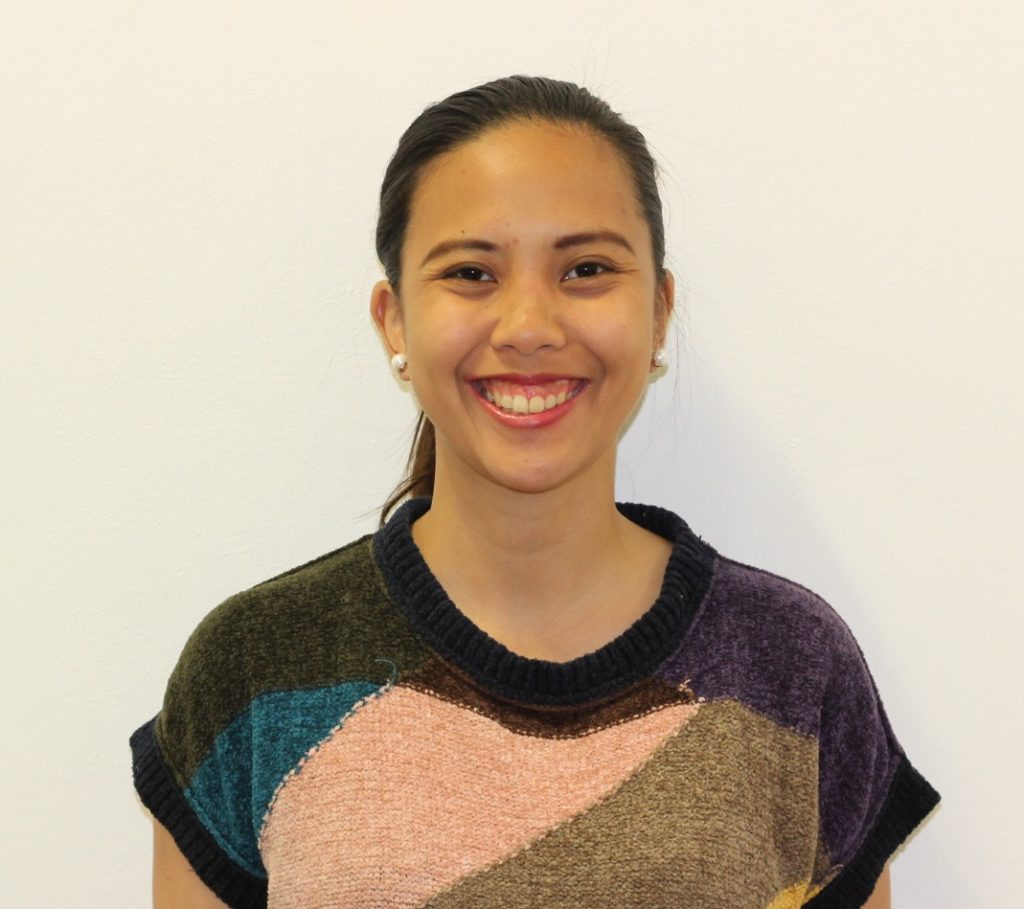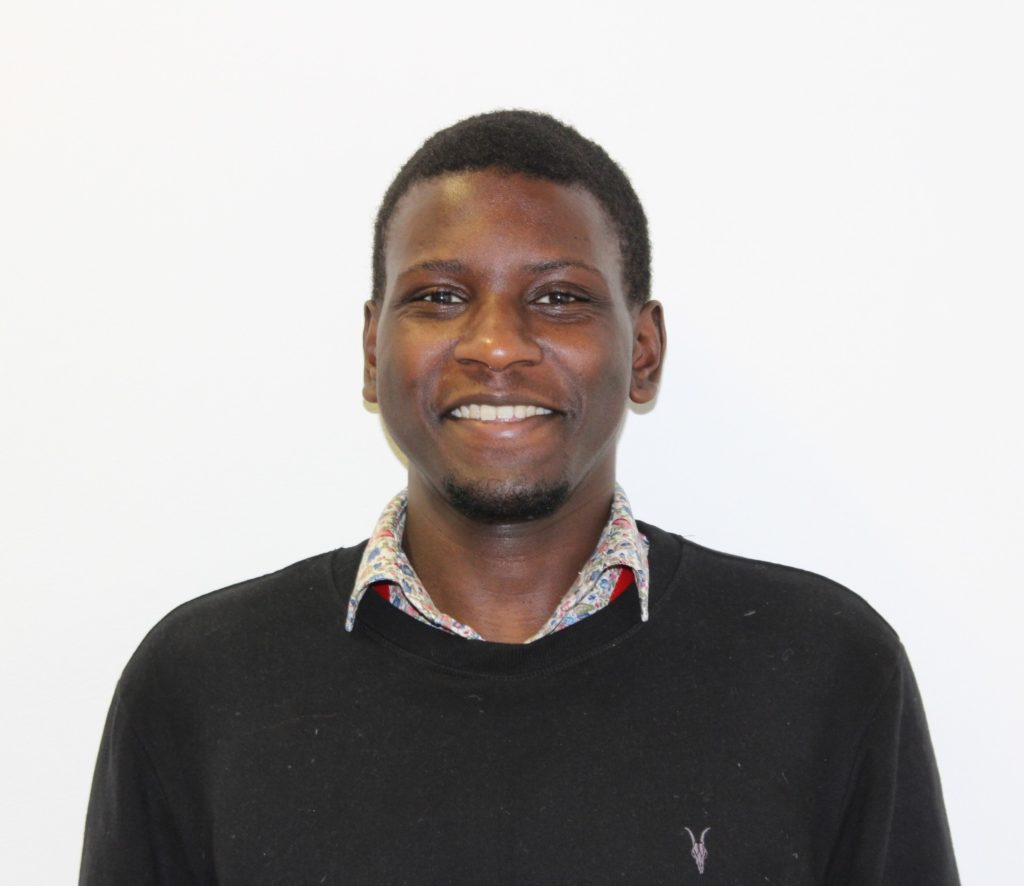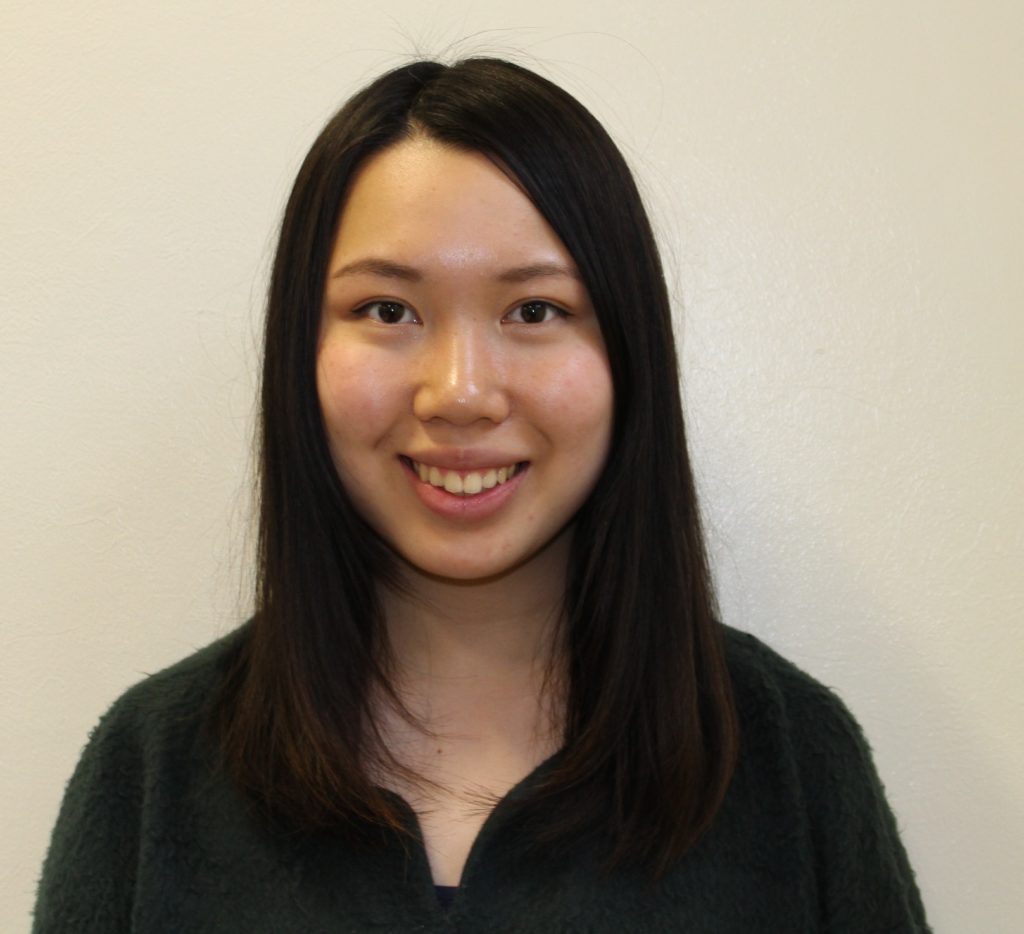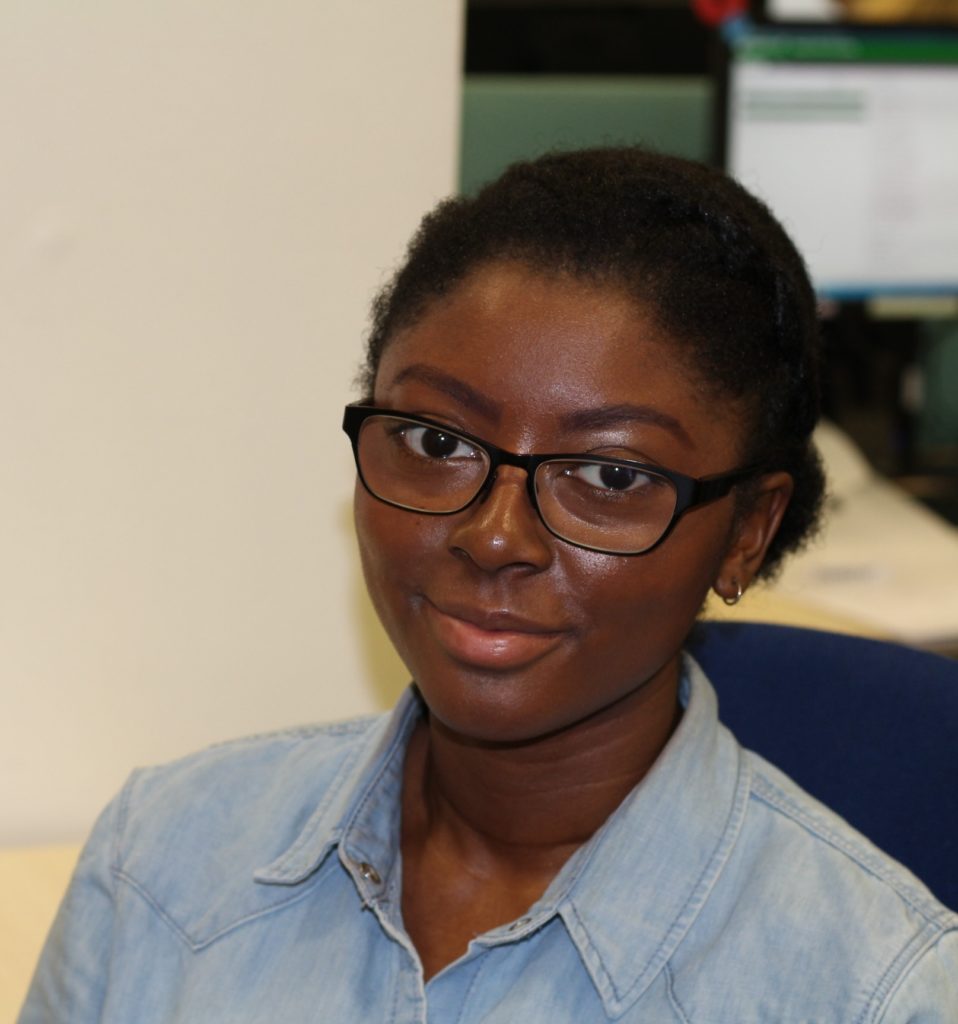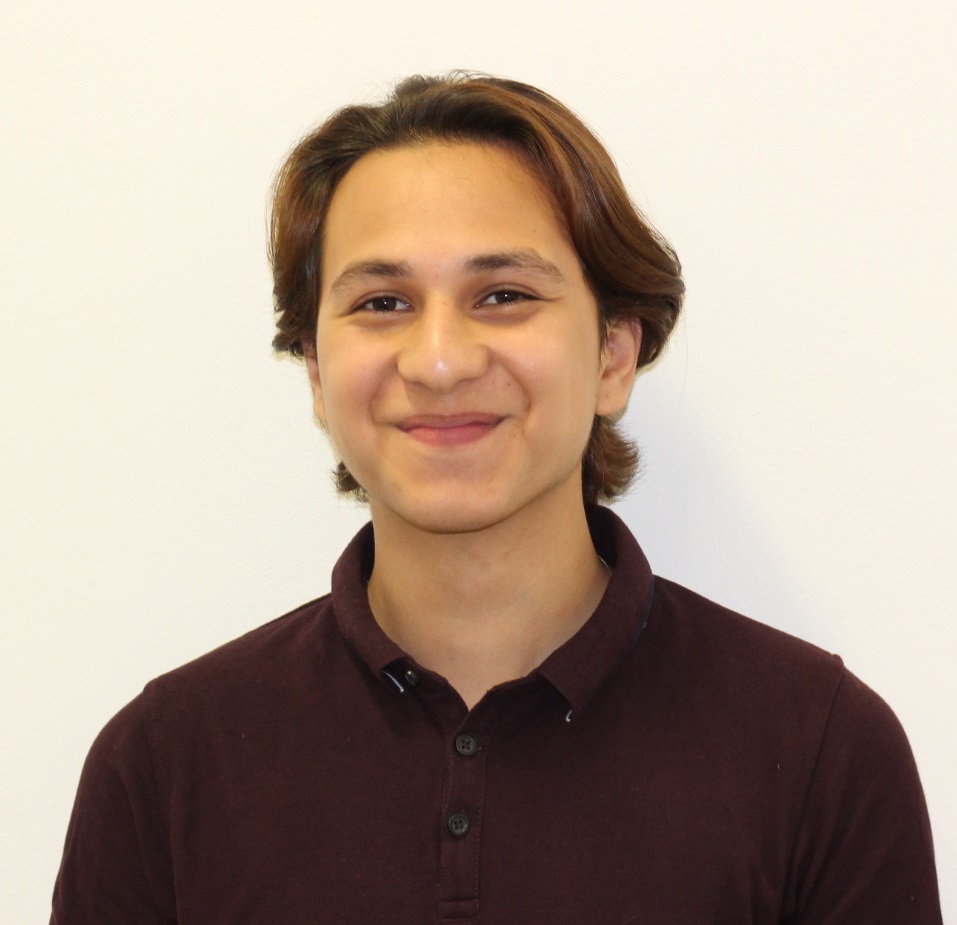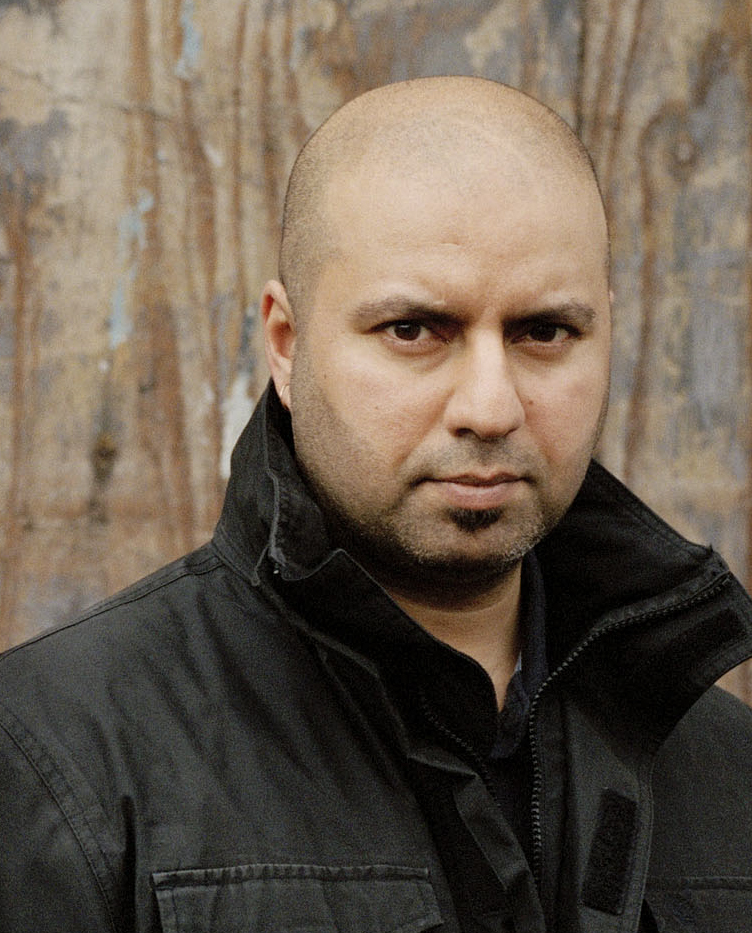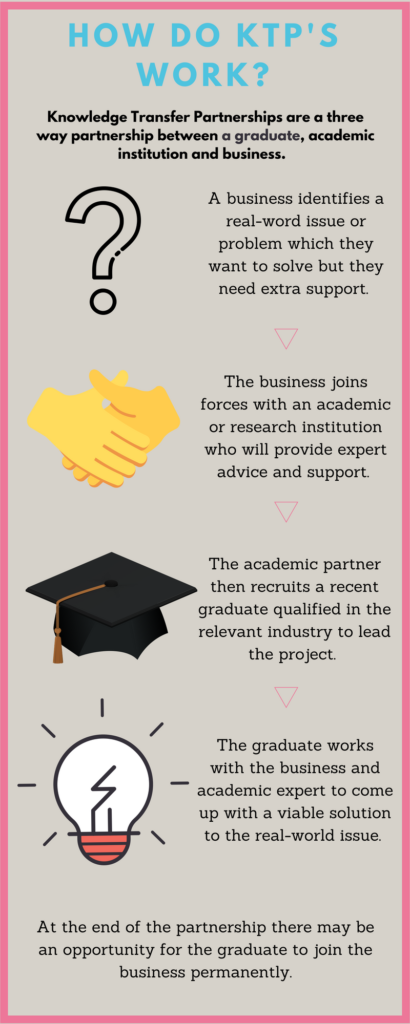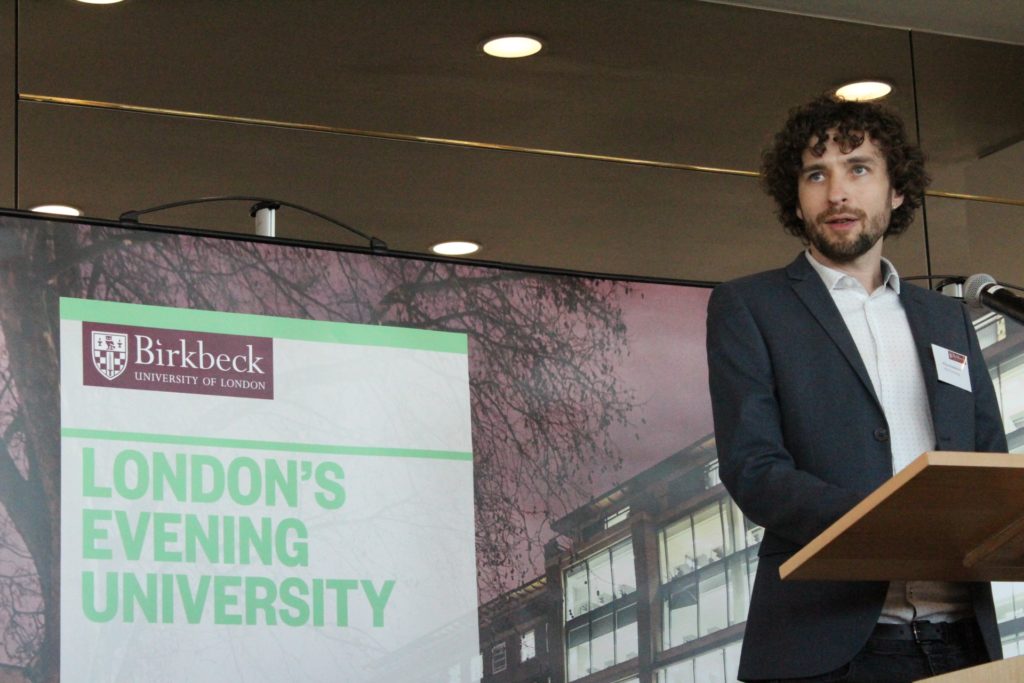Andy Stirups, from Birkbeck’s Development and Alumni Team, talks about how the alumni volunteering programmes are adapting to life online
I think it’s fair to say that the rate at which our lives have significantly changed over the last few weeks has caught everyone off guard. As we adapt to a world of social distancing, virtual coffees and staying at home, the way in which alumni are helping and support our student community has also changed to ensure that we can continue the great work that we have been doing.

Just before the Coronavirus pandemic, we were about to start up our Get Talking programme for this year. Get Talking pairs alumni with a prospective student or Foundation Year student, to chat through any concerns they may have before starting or continuing with university. These meetings have largely taken place in a coffee shop close to Birkbeck, but over the last couple of years we’ve also been, somewhat helpfully given the current climate, trialling these meetings over Skype for prospective students outside of London or those with access restrictions. We found that last year, meetings over Skype were just as successful as those which were conducted face-to-face. All Get Talking meetings for this year, will now take place via video call to ensure that we are still able to run this important programme and so that prospective students can still gain an invaluable insight from someone who has gone through the Birkbeck journey.
Similarly, our Mentoring Pathways programme has also gone online. Mentoring Pathways sees alumni and individuals from some of our corporate partners matched with final year students at both undergraduate and postgraduate level so they can help these students with their career decisions as they approach the end of their Birkbeck degree. Over the course of the academic year, we’d expect mentors and mentees to meet six times. The remaining meetings are now due to take place online and we look forward to hearing feedback from our mentors and mentees in due course.
And our Careers Clinic programme, where alumni review CVs and conduct mock interviews, is also in the process of moving to the virtual world, so watch this space!
We recognise that these are not just potentially anxious times for our students, but also for our alumni community. Although the Development and Alumni Team are working from home for the time being, we are more than happy to have a chat with you at any point so do not hesitate to get in touch.
With all that is currently going on in the world I want to thank our volunteers for being so flexible and supportive. More than ever, your work is incredibly vital, and we truly appreciate your levels of commitment to Birkbeck and its community.
You can contact Andy Stirups at a.stirups@bbk.ac.uk, or if you would like to speak to the Development and Alumni team more generally, please email alumni@bbk.ac.uk

